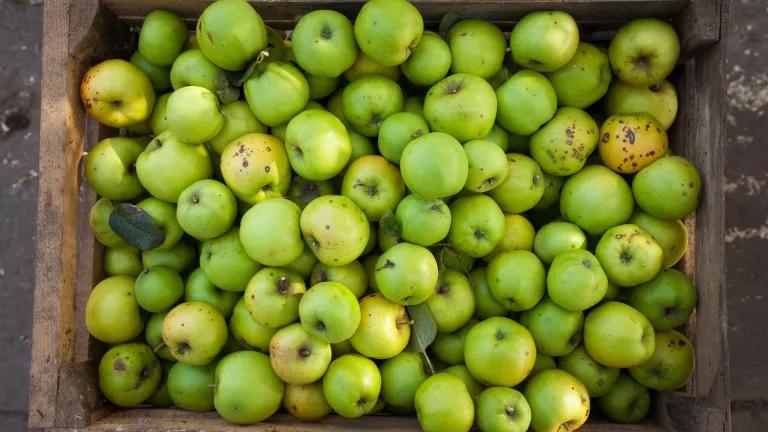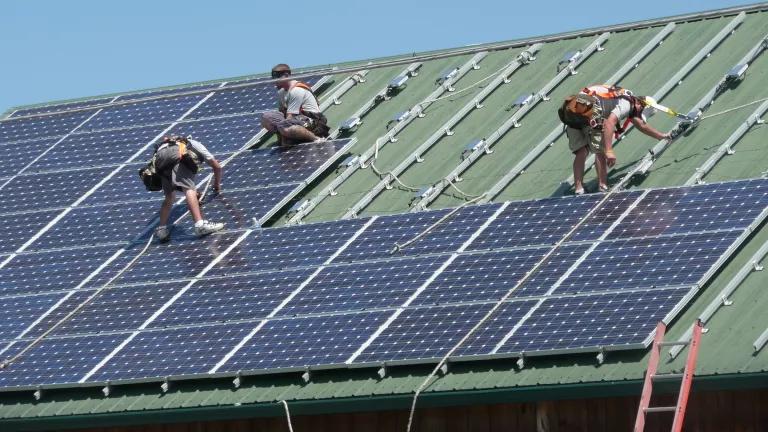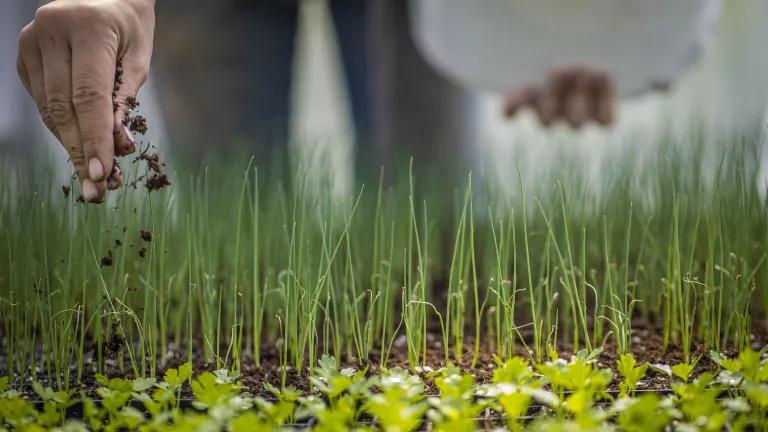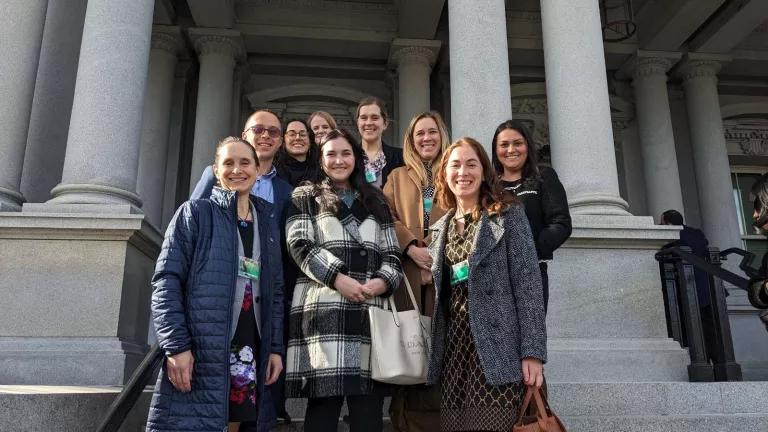Zero Food Waste Coalition to Accelerate Policy Action
The Zero Food Waste Coalition has formed to accelerate action to meet our national goal to reduce food waste by 50% by 2030.

Up to 40% of all food in the US is left behind in fields or goes to waste at every stage of the food supply chain, while at the same time millions of Americans face food insecurity. Businesses, government agencies, funders, and many others are already taking huge strides to address this challenge. But a patchwork of initiatives, no matter how impressive or innovative, will never be enough to make the rapid and dramatic reductions in food waste required to sustain ourselves and our planet. We cannot solve this problem without ambitious leadership and action on the federal level and across all 50 states. The Zero Food Waste Coalition has formed to accelerate action to meet our national goal to reduce food waste by 50% by 2030.
In January of 2020, NRDC, WWF, Harvard Food Law Policy Clinic, and ReFED launched an informal coalition to engage with and inform policymakers on opportunities to prevent and reduce food loss and waste. Together, we developed and published the US Food Waste Action Plan, now endorsed by over 60 businesses, nonprofits, and local governments. During this effort, we realized the complementary strengths of our organizations and see a critical opportunity to further advance responsible and ambitious food waste policy.
The Zero Food Waste Coalition formalizes the partnership of our four organizations to continue building momentum and aligning on food waste policy, and bring more groups together to amplify as a collective voice beyond what we could do alone. NRDC’s longstanding work with cities through our Food Matters project has shown the ways in which dedication to developing food waste reduction policies and programs can improve our environment and our communities. But that local initiative must be accelerated by federal and state action to facilitate and incentivize more stakeholders to engage in meaningful interventions.
Our first act as a formal coalition is to lay out priorities for the 2023 Farm Bill. This multi-year legislative package could be one of the most important tools we have to combat food waste—if we do it right. Our priorities include provisions to support food waste research and food waste reduction infrastructure, help implement proven state and local policies that prevent wasted food, and establish and clarify food date labels. These priorities are nestled into NRDC’s broader priorities that the 2023 Farm Bill advance climate-smart agriculture and forestry via organic agriculture production, cover crop adoption to boost soil health, and reduction of food loss and waste.
The Zero Food Waste Coalition’s goal is to keep things simple and nimble. We will focus on influencing policy at the local, state, and federal levels and sharing policy updates and opportunities with partners and stakeholders around the country. Ultimately, the Zero Food Waste Coalition will bring consumers, businesses, and government together to make food loss and waste history. To learn how you can join us, visit ZeroFoodWasteCoalition.org.





